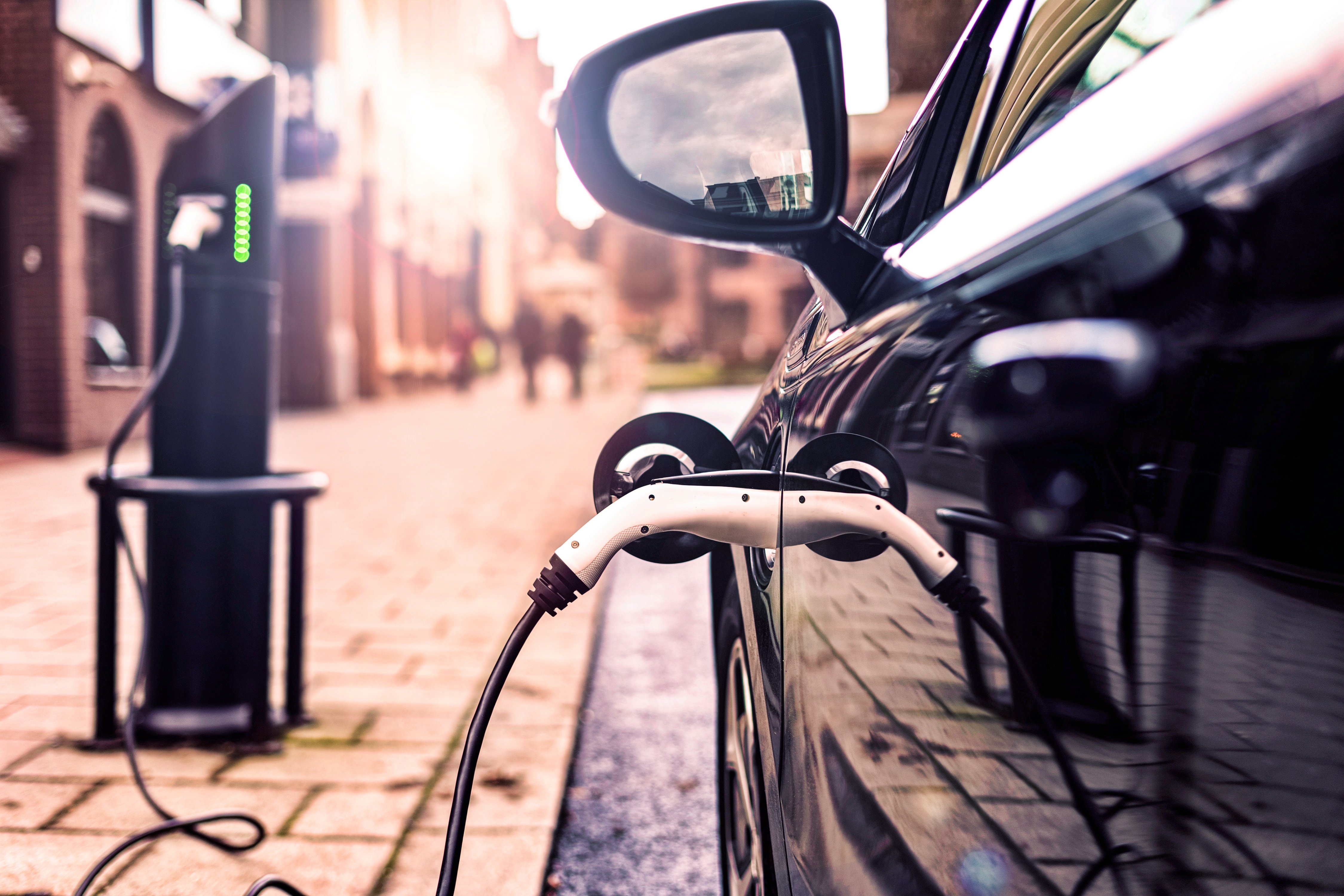So let's take a look at which of these are true and which are more commonly believed myths. Starting with the price of a hybrid car. Using information from 2017, and comparing the same make and model, the average increase for a hybrid car is $3,722 compared to the gasoline powered engine.
How does a person justify paying more for a car? Well, the savings have to come from somewhere else. Like maybe in the cost of gas. Your trips to the gas station can be super frustrating, especially this summer when gas prices were once again hanging out around $2.85 to $3.05 per gallon. The logic follows here that when gas prices are up you save more with a hybrid than when gas prices are down.
To keep it easy, MoneySmartGuides compares the Hyundai Sonata SE gas powered with the same model Hyundai hybrid. Assuming EVERYTHING else stays the same, the savings per year is $421. At that rate it will take a little over 8 ½ years to recover the extra $3,722 you paid for the car.
There are some tax credits available if you buy an electric car or a plug-in hybrid. That means you might save some money come tax time. But you'll have to pay attention to where those savings lie. The key word in this situation is "plug-in". Not all hybrids have to be plugged in, so if you are banking on using your hybrid car for tax credits, be aware. As you might imagine taxes are complicated and a brief summary of tax benefits is covered here. Please be sure to consult with your tax expert on this matter before you make any purchases.
Other savings come from the mechanics of a hybrid car. A lot of people worry about having to replace their hybrid car's battery. This fear is quite honestly, blown out of proportion. On a hybrid Toyota, the battery and other hybrid specific parts have a warranty of eight years or 150,000 miles. Heck, if you live in California the warranty is 10 years or 150,000 miles. You can rest easy knowing that your hybrid car battery is covered for a while! Because the gas engine runs less oil, changes are recommended at every 5,000 miles versus the 3,000-mile recommendation for the traditional gas-powered car. In a hybrid car the brakes are actually generating energy (regenerative brakes). This means that the brakes last longer, too.
Hybrid cars really do help to keep the air clean. This is true even when you are sitting at an idle. The gas engine stops running so you are not polluting the air at intersections. This is really important in large metro areas with smog. This might not be considered a financial savings, but it does help environmental factors, which is something to consider.
Hybrids Do Have Disadvantages
When driven on the highway at speeds over 50 miles/hour, the hybrid's gas efficiency falls short. When this happens, you will likely get gas mileage in the low to mid 40 mpg. This is similar to diesel and compact cars on the highway.
Some hybrid cars are actually called “mild hybrids”. These types of cars cannot run on their electric engine alone, this means the gas engine has to also be running. When the gas engine stops the heating and air conditioning systems stop too. This is the time for buyers to beware and ask questions.
Powering the hybrid’s accessories is a 12-volt battery. This is separate from the high voltage battery that powers the car. The problem with the 12-volt battery is that it is easily drained and often needs to be replaced with an aftermarket battery. This is another cost to beware of and something to talk to the seller about before you buy.
Some drivers worry that hybrid cars will not have enough get-up-and-go. Hybrids get around this by having something called instant torque. Electric engines offer their max torque immediately, so that they can pick up speed quickly. A simple explanation of this process is offered here.
Living in Montana makes weighing the pros and cons of a hybrid car a bit trickier. Due to the rural nature of the state it is easy to spend a good amount of time driving highway miles which means speeds over 50 miles per hour. That translates into a loss of fuel efficiency/ The compact nature of hybrid cars also means they are lightweight. Combine this lightweight with their low clearance and winter-time driving can be a challenge. There are several hybrid SUVs available but the prices tend to be on the expensive side.
Make sure you spend some time calculating your fuel expenses. Are you mostly tooling around town? If you are back and forth to work and errands a hybrid car may be worth considering. If you do a lot of highway driving for work or for personal reasons, a hybrid car might not be the deal you hoped it would be. Either way, do your own math and decide what option will be best for you and your lifestyle.
Have you enjoyed reading this blog? Subscribe to our blog so that you are always the first to know when a new blog post is scheduled. Just click the button below!

